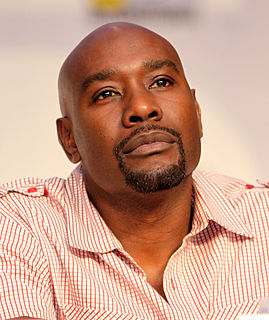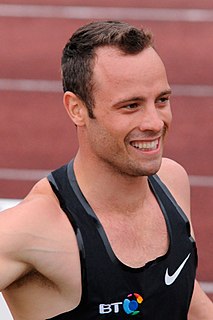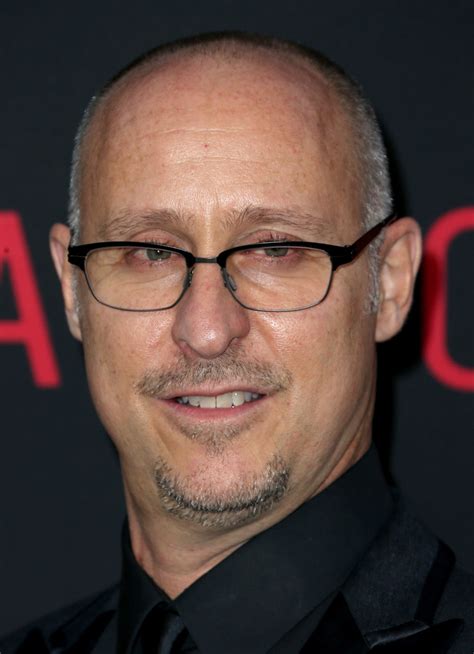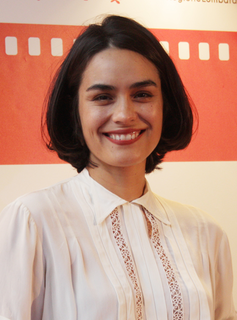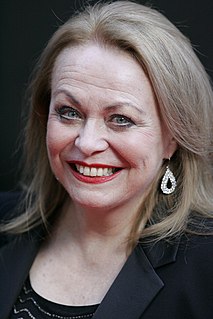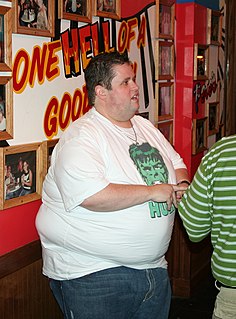A Quote by Ira Sachs
I grew up thinking there was something called 'independent film,' which I wouldn't necessarily have had access to if there wasn't Sundance.
Quote Topics
Related Quotes
I did a film called The Jesuit, which was an independent film. I did that shortly after Mistresses. I was still feeling soft and I was nursing, but it was a character I'd never played before. That was a Paul Schrader script, with an up-and-coming Mexican director, named Alfonso Ulloa. That has Tim Roth and Paz Vega in it, and I enjoyed that, as well.
'Our parents' generation had it a lot tougher than we did. They had to live through the Depression, World War II, and then they had to, you know, try to pick up the pieces of their lives and bring up their children. And, it was a great example for us. I guess we grew up with a certain amount of the ethics our parents had, which is, you know: work hard, make your own way, be independent.
David Michôd changed my life, quite literally, along with the chaps at Sony Pictures Classics. That's what set me on my way. I thought we did good work and had a good film, but when it was so praised at Sundance that year that's what really started the ball rolling. We all paid our own way to Sundance.
I had intended to make another film, called Pocket Money, which was to be about children at a school. I was very much intrigued by the story [of Close Up] - it came into my dreams and I was very much influenced by it. So I called my producer and asked that we put aside Pocket Money and start something else, and he agreed.


